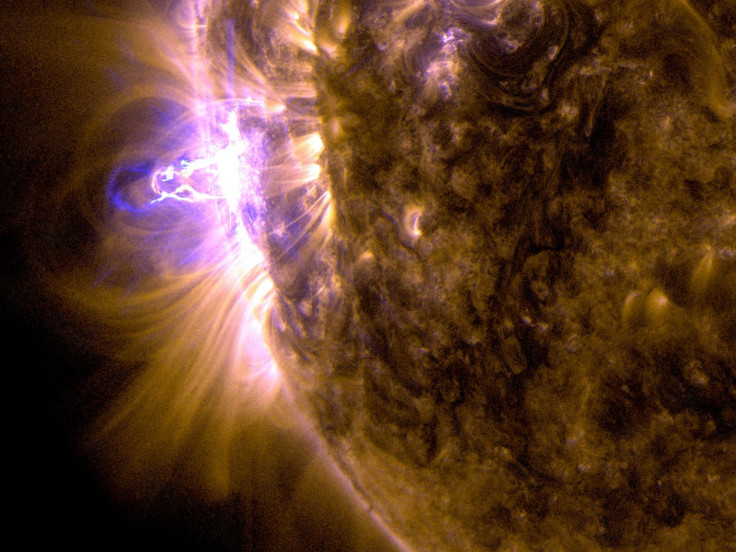This Is What A Solar Storm Hitting Earth Sounds Like

The European Space Agency (ESA) has released a short recording of what Earth sounds like as it gets bombarded by solar storms. As noted by the ESA, the sounds generated by the cosmic phenomenon sounds like an eerie song from a science fiction movie.
The recording was obtained by ESA’s researchers after going through the data collected during the agency’s Cluster mission. Officially launched in 2000, the Cluster mission consists of four spacecraft that routinely orbit Earth. The main mission of these vessels is to analyze how Earth’s magnetic field reacts to solar winds emitted by the Sun.
As part of their mission, the Cluster vessels go through the foreshocks generated by the solar winds. According to the team, from 2001 to 2005, the mission encountered six collisions between Earth and solar storms. As these events occurred, the Cluster mission was able to record the waves generated by the collisions.
“Our study reveals that solar storms profoundly modify the foreshock region,” Lucile Turc, a member of the research team, said in a statement.
The recording released by the ESA is only a couple of seconds long but the sounds it captured were distinct enough to be considered as an eerie song by the agency.
According to the ESA, during times when solar storms are not hitting Earth, the song generated by the planet has a lower pitch and plays on a single frequency. But, once a solar storm interacts with Earth’s magnetic field, the frequency significantly changes and the wave it generates doubles. As the storm continues to hit, higher frequencies begin to emerge.
For Philippe Escoubet, the project scientist for Cluster, the recording shows offers a glimpse of the wealth of information that the mission can provide.
“This is an excellent example of how Cluster continues to extend our knowledge of the Sun-Earth connection, even years after the original data was obtained,” he said. “The results take us deeper into the details of fundamental magnetic interactions that take place across the Universe.”
The findings of ESA’s research team regarding the Cluster mission and its recording were presented in a new study published in the Geophysical Research Letters.
© Copyright IBTimes 2024. All rights reserved.





















